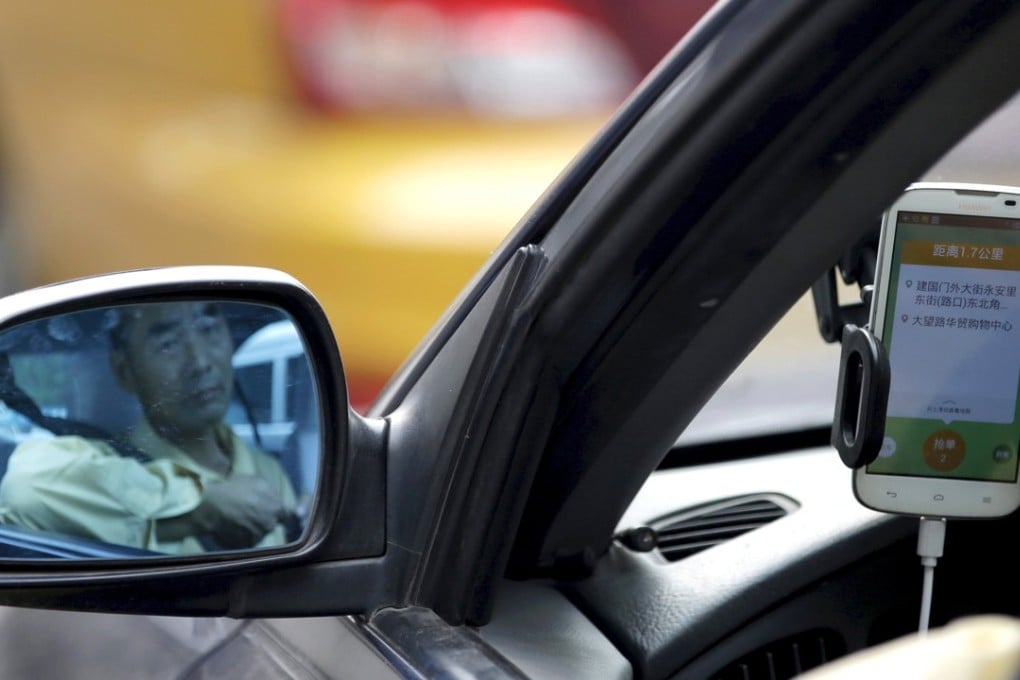Didi Chuxing, China’s Uber, to enter ‘car-sharing’ market with US$151m investment
The country’s largest ride-hailing app operator aims to build a fleet of electric cars and other new-energy vehicles for its proposed new service

Didi Chuxing, the largest ride-hailing app operator in China, plans to enter the country’s rapidly growing car-sharing services market with an investment of at least 1 billion yuan (US$151 million).
Cheng Wei, the founder and chief executive of Didi, said users will be able to conveniently lease a car with a smartphone app, just like what people do when they hail a ride.
The car-sharing business still faces a lot of challenges, such as the difficulty to find parking places, according to remarks by Cheng at China’s annual World Internet Conference in Wuzhen, which were confirmed by the company.
That will also put Didi in direct competition with the likes of SAIC Motor Corp, whose Shanghai-based electric car rental subsidiary EvCard operated 8,400 electric cars in 20 mainland cities as of June this year.